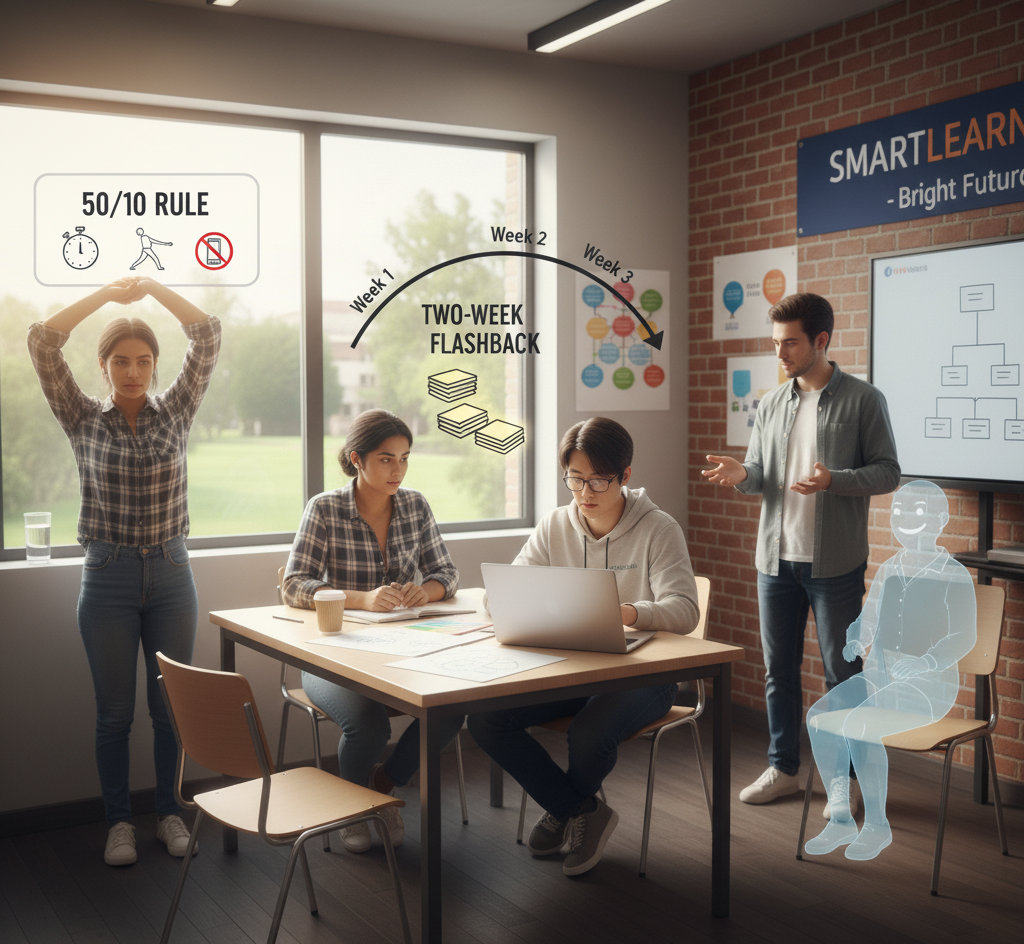We often think a “bright future” means high marks and a prestigious college. While those things are great, a truly bright future is one where you are not only successful but also happy, balanced, and resilient.
At Smartlearn Academy, our philosophy is simple: we teach students how to make their future bright by making the path to that future easy. Here is how we do it:
1. Focus on Skills, Not Just Scores: The Brightness Factor
A future is only as bright as the tools you possess. The world no longer rewards only book knowledge; it rewards adaptability and practical skills.
- Beyond the Syllabus: We encourage you to devote time to skills that transcend the textbook.
- Communication: Can you articulate your ideas clearly in a presentation or essay? This determines your success in college and your career.
- Digital Literacy: Mastering tools like spreadsheets, basic coding, or digital design is a non-negotiable asset in the 21st century.
- Financial Awareness: Understanding basic budgeting and investment principles early on removes immense future stress.
- The Smartlearn Mantra: “Scores get you the interview; skills get you the job.” Prioritize application-based learning that lets you apply concepts in real-world scenarios. This ensures your knowledge is a valuable asset, not just a memory bank for an exam.
2. Master the “EASY” Path: Efficiency & Balance
A difficult journey leads to burnout. A smart, efficient journey leads to a sustainable, happy future.
- The Power of Delegation (to Technology): Stop spending hours on repetitive tasks. Use technology smartly. Create digital flashcards, use note-taking apps that automatically categorize, and leverage productivity tools. The future is easy when you make tools work for you.
- The Discipline of Downtime: The path to a bright future requires longevity. Burning out at 20 is not a sustainable plan.
- Scheduled Breaks: At Smartlearn, we treat breaks as a mandatory part of the study schedule. A rested mind is an efficient mind.
- Prioritize Sleep: This is where memory consolidation happens. A full night’s sleep makes tomorrow’s work easy.
- The 80/20 Rule in Life Planning: Focus your energy on the 20% of activities that yield 80% of your results (e.g., spending time on deep work vs. superficial busywork). By being selective with your effort, you make the overall workload feel lighter.
3. The Future-Proof Mindset: Resilience and Growth
The future is bright only if you can handle the inevitable setbacks. The “easy” part is knowing how to bounce back quickly.
- Failure is Feedback: The Smartlearn philosophy shifts the view of failure from a disaster to essential data. Did you score poorly on a mock test? Great! That test just clearly showed you exactly where to focus your last three weeks of study. Learn the lesson and move on.
- Adaptation over Rigidity: The job market and technology will change dramatically over your lifetime. Your ability to unlearn, learn, and relearn is your greatest guarantee of a bright future. Always be open to new subjects, new methods, and new challenges.
- Mentorship and Networking: Build relationships with people who are already on the “bright” path. Their advice and support make your navigation far “easier” than going it alone.
Your future doesn’t have to be a tense, high-pressure sprint. By adopting the principles of Smartlearn Academy—focusing on relevant skills, prioritizing efficient work habits, and cultivating a resilient mindset—you ensure your future is not only bright but also built on a sturdy, sustainable, and easy-to-manage foundation. Start building that foundation today!



